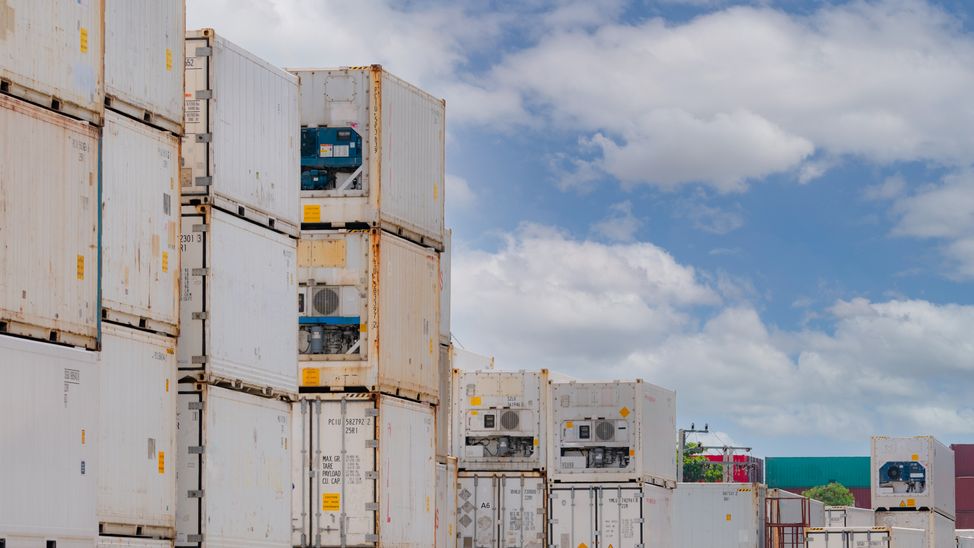A fully refrigerated food supply chain could prevent almost half of the world's 1.3 billion tonnes of food waste and reduce associated greenhouse gas emissions by 41%, a new study finds.
A new study from the University of Michigan, supported by the National Science Foundation and Carrier Global Corporation, finds that nearly half of the 1.3 billion tons of food wasted annually globally could be prevented by a fully refrigerated food supply chain. This is crucial considering that roughly one-third of the food produced in the world is wasted each year, leaving roughly 800 million people in hunger.
The study concluded that a fully refrigerated supply chain could also reduce global food waste-related emissions of greenhouse gases that contribute to global warming by 41%.
Using data from the Food and Agriculture Organization of the United Nations (FAO) and other sources, the research team built a food loss estimation tool to assess how improved access to the cold chain would affect food loss and associated emissions for seven food types in seven regions.
By modeling food loss at each stage of the supply chain, the study identifies where the cold chain can be optimized to reduce food loss and emissions. The researchers analyzed the impact of moving from the current state of cold chains, which are inconsistent and of variable quality around the world, to an optimized system with high-quality refrigeration at every stage.
The study highlights the disparity in cold chain infrastructure between developed and developing countries, highlighting regions such as Sub-Saharan Africa and South and Southeast Asia as having the greatest potential to significantly reduce both food waste and associated emissions through enhanced cold chain adoption.
The study also sheds light on the environmental impact of different types of food, finding that meat, which accounts for less than 10% of global food waste by weight, is responsible for more than 50% of greenhouse gas emissions associated with food waste. Optimal refrigeration of meat alone could reduce emissions associated with meat waste by more than 43%.
The University of Michigan study is a call to action for all actors in the food supply chain, from farmers to government officials, to implement refrigeration systems optimized to mitigate food waste and climate change.

This diagram shows current global food losses (left) and associated emissions (right), along with potential reduction opportunities through optimized cold chains (top, dark area). / Source: Friedman-Heiman and Miller, Environmental Research Letters, May 2024.
Read the study, “The Impact of Refrigeration on Food Losses and Associated Greenhouse Gas Emissions Across the Supply Chain,” here.
Read our articles for free
To continue reading, subscribe to WorldCargo News.
When you subscribe you get:
Access to all regular and exclusive content, discounts on select events, full access to our digital archives 10 times per year, and our digital magazine
Subscribe or log in if you're already a member
Having trouble logging in? Call us on +31(0)10 280 1000 or send us an email at customerdesk@worldcargonews.com.



